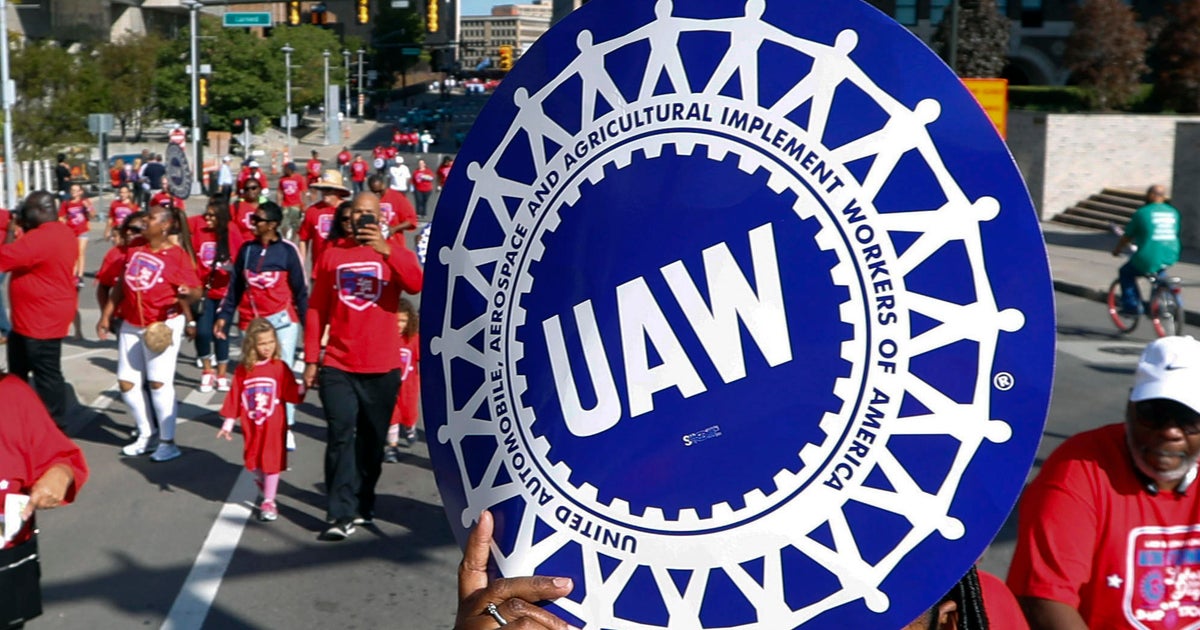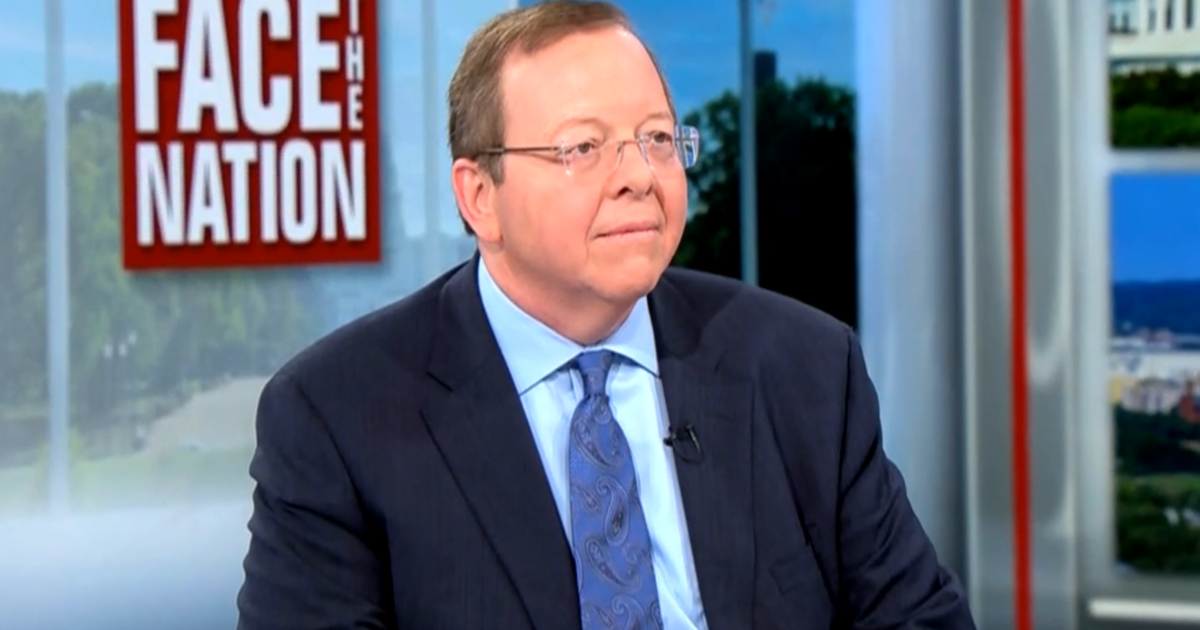Classes canceled ahead of planned teachers strike in Chicago
A teachers' strike isn't sure to take place in Chicago this week, but classes for the city's nearly 400,000 public school students are already canceled.
Chicago teachers and public school administrators are at odds over salaries, class sizes and the number of support staff in schools, such as librarians and nurses. But the threatened walkout by 25,000 teachers in the nation's third-largest school district comes amid other major labor activity and activism, such as nearly 50,000 autoworkers at General Motors reaching a tentative agreement Wednesday to end a month-long strike at the automaker. In the political realm, meanwhile, multiple candidates in the Democratic presidential debate on Tuesday tipped their hats to the importance of unions.
On Wednesday in Chicago, both the union and city were at pains to present their positions in the best light after the labor group said its bargaining team would advise that teachers vote to strike starting on Thursday. That prompted Chicago Mayor Lori Lightfoot to cancel classes, saying she wanted to give parents and the public as much notice as possible.
Schools will remain open as a place for children to spend the day, and three meals will be served, Lightfoot and other city officials explained. But transportation and other activities, including sports practices and tutoring, are off.
"Bent over backwards"
Lightfoot, the daughter of a union steel worker, declared herself a "strong believer in collective bargaining," telling a televised news conference that the city had met major union demands only to be met by further requests that would cost another $2.5 billion, a figure she said is beyond Chicago's means.
"At every turn, we bent over backwards to meet the union's needs and deliver a contract that reflects our shared values and vision for our schools and the support of our students. Despite all this, the Chicago teacher's union intends to forge ahead with a strike," Lightfoot said.
The city has addressed class-size and staffing issues, but can't afford demands for additional pay and the ability to cash out unused sick time, according to Lightfoot. The finances of the school district "are still recovering on the brink of insolvency, and we do not have unlimited funds," she said.
The city's offer includes 16% pay hikes for all school employees and as much as a 38% boost for support staff over the five years of the contract, or "the best deal that's fiscally responsible," said Lightfoot. "We will continue to negotiate every day, including today," the mayor added.
The union disputed the mayor's math and her contention that its contract demands would bust the budget, saying they could be met using more than $1 billion in new revenue from the state.
"We want what the mayor promised as a candidate — a school nurse, a social worker and a librarian in every school. We want smaller class sizes for our students, who don't deserve to compete with 40 other children for their teacher's support," CTU President Jesse Sharkey said in an emailed statement. "We reject locking our members into a five-year deal that simply perpetuates a status quo that hurts students and undermines educators."
Teachers on the march
Chicago's teachers have been down this road before. In 2012, they staged their first strike in 25 years, the first such union action in a major U.S. city in a half-dozen years. It is now seen in union circles as marking a turn in the labor movement, encouraging other educators in states including Kentucky, Oklahoma and West Virginia to strike in pursuit of pay raises, smaller classes and better funding.
"That strike was about trying to start down the path that kids deserve," Randi Weingarten, president of the American Federation of Teachers, said of the seven-day Chicago walkout seven years ago.
"It's disappointing that a mayor who many of us are inspired by made a lot of promises for education equity in her campaign, which people relied on when they voted for her for mayor, yet won't put in writing," Weingarten told CBS MoneyWatch in reference to Lightfoot. "The mayor ran on this, but doesn't want to put it in a contract."



